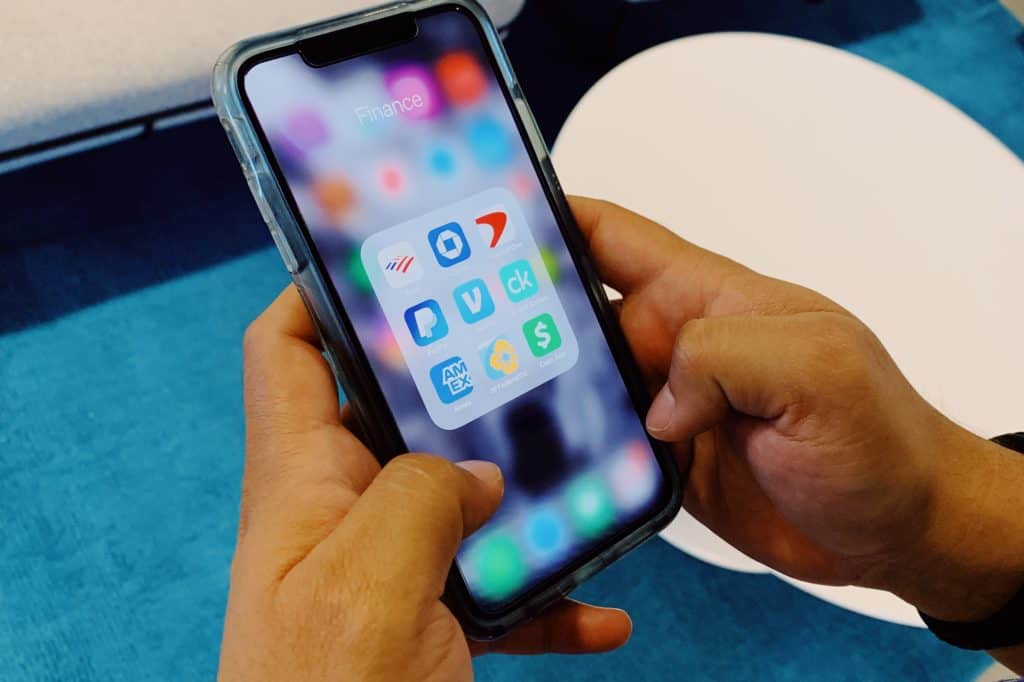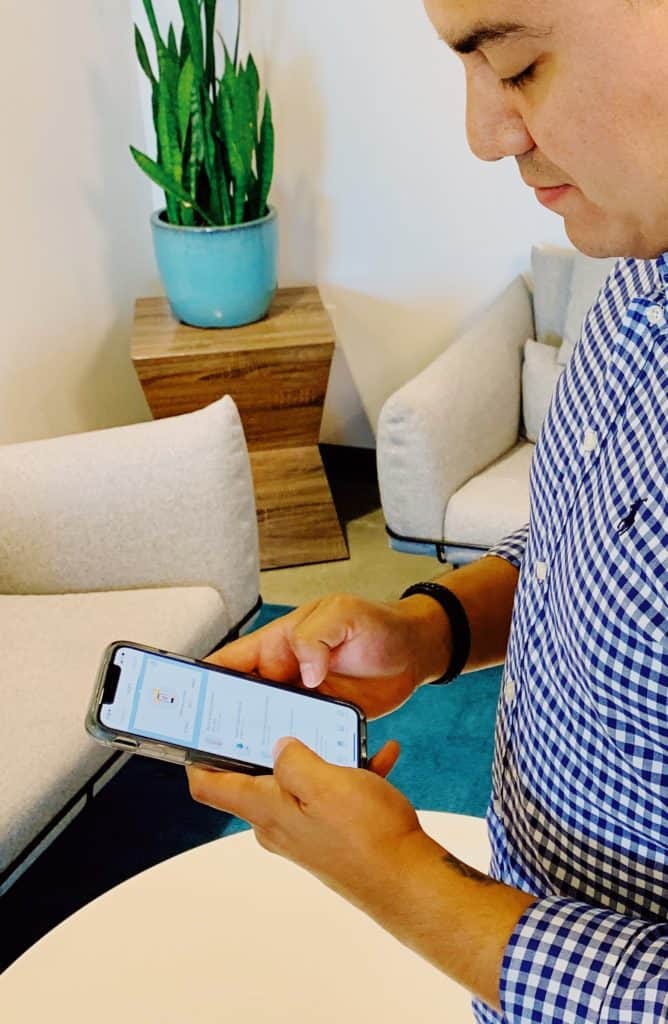
Welcome to 2019. There are now more smartphones than human beings. According to GSMA’s real-time intelligence data, there are now over 9 billion mobile connections worldwide, which surpasses the current world population of 7.71 billion implied by UN digital analyst estimates.
In today’s world, we have multiple generations, from Gen X to millennials, that are tech-savvy and virtually connected through social media. These generations have grown up with technology and are extremely adept and comfortable with it, and therefore are inclined to use their smartphones to carry out their daily lives.
Globally, around 1.7 billion adults do not have access to financial services through a bank. Banks, telecom operators, lenders and fintech players are aware of this. They understand the importance of adapting and using this disruptive technology to not only penetrate new markets but to continue growing and nurturing their users.
Silicon Valley is not alone when it comes to app development and technology. Many countries have started making user-friendly and sophisticated apps and mobile operating systems (OS) to capture millennials and newer generations. Developers are increasingly designing solutions to make our day to day lives easier. As a result, mobile money is being offered as a solution.
For example, M-Pesa, developed in Kenya, has been revolutionizing the way people spend and send money since 2007. Currently, 93% of Kenyans have access to mobile payments. This technology has now been expanded to Albania, the Democratic Republic of the Congo, Egypt, Ghana, India, Lesotho, Mozambique, Romania, Afghanistan, South Africa and Tanzania.
Many people are now being paid for their work through their phones with mobile money enabling people across the globe to easily carry out cross border transactions. People prefer to complete a purchase via their smartphones because it is fast, easy and secure. As well, small shops are more inclined to use this new technology to run their business as it is safe, reliable and inexpensive. That has had a great economic impact in many countries. It drives the economy and helps the overall population have easier access to education, news, health and business/jobs.
In developed and developing countries, we see that many people are likely to use their smartphones to purchase goods and services through services like Paypal, PayTM, Alipay, Apple Pay, M-Pesa, etc. These options have helped tackle the common difficulties, like high fees or inaccessibility that people often face to hold a bank account.
Mobile money is a solution that everyone in any country can use to drive business forward and be financially adept. Premise, a data company at its core, leverages this technology to operate seamlessly in 55+ countries and with over 31 currencies. We are proud to partner with top payment providers such as Paypal and Segovia, to name a few, that help us nurture our network.
Through our payment provider, we utilize M-Pesa to operate in Kenya, Paga in Nigeria or Tigo in Ghana. Which have brought Premise and our Contributors great success as it’s immediate and secure. Many people are happy using Paypal. In Australia and the UK, people love how they can receive their payments in their local currency instantly through Paypal and then are able to make purchases on their favorite websites.

User view in the Premise app
A Yahoo Finance report forecasts that global usage of mobile payments will expand from $348 billion to just under $1.3 trillion by 2022. This is a booming industry with different players. Each region is different however we keep seeing the same trend; mobile money is on the rise.
Mobile money comes in hand with new technologies such as e-wallets or known as mobile wallets and that also brings us to M-Commerce. What is M-Commerce? According to Investopedia, m-commerce is the use of mobile devices to conduct commercial transactions online such as purchasing and selling products, online banking and bill paying.
As we have discussed, smartphones are playing a big part in the financial landscape we see globally. Leading companies in M-Commerce are Facebook, Google, Alibaba, VISA, MasterCard, Amazon, Adyen, PayPal, Visa and SAP. They are all pushing hard to create more tools that are not only end-user focused, but also merchant friendly.
According to a Zion Market Research report, the global mobile wallet market was valued at approximately $594 billion in 2016 and is expected to reach approximately $3,100 billion by 2022.
One important piece is that in today’s world app development has progressed to enable merchants to accept different types of payments which can be linked to your mobile wallet or mobile money service while making it secure and driving trust. As you can see this is the full circle of making products that are user-focused. Premise is proud to be partnering with industry leaders and serving our community of contributors worldwide.